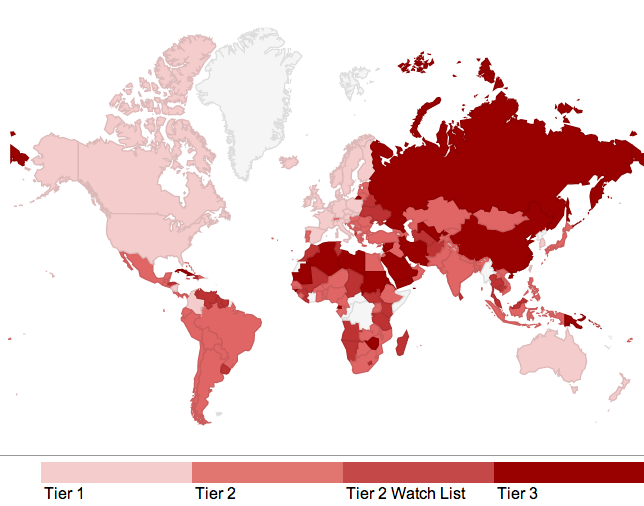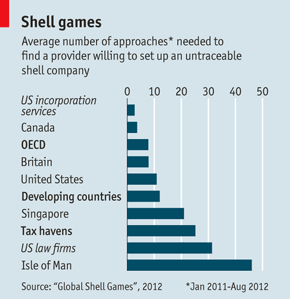In the Guardian, John O’Brennan brings us up to date on the much less reported-on protests in Bulgaria:
Bulgarians are protesting against far-reaching and systematic corruption and the “capture” of the state by rent-seeking oligarchic networks. Oresharski was appointed by the BSP to head a so-called “expert” government, after a general election in April produced a tight outcome. The technocratic government came about because the leading figures within the two largest political parties, the BSP and the centre-right Gerb (Citizens for European Development of Bulgaria) were widely discredited. And although the prime minister has now withdrawn the appointment of Peevski, for protesters the episode suggested that even respected figures like Oresharski are incapable of shaking off the shadowy world of oligarchic power in Bulgaria.
In Bulgaria it is often impossible to know where organised crime ends and legitimate business begins. The nexus between the two is characterised by complex bureaucratic structures, opaque corporate accounting and a maze of offshore accounts. In Varna, Bulgaria’s third largest city, the protests have taken direct aim at TIM, a business conglomerate allied to Gerb and long the real power in the region. Some estimates suggest that it controls up to 70% of Varna’s economy, including most of the tourist infrastructure. When protesters in Varna yell “M-A-F-I-A” they are automatically collapsing business into politics and implicating local municipal officials as the agents of this powerful oligarchic network.
Varna perfectly illustrates why the current protests are largely non-party-political and anti-politics in tone: the definitive division in today’s Bulgaria is no longer between right and left, but between the citizens and the mafia. This is a world where the guilty don’t just go unpunished; they ascend to the highest citadels of power.
Although corruption and the abuse of power are the central themes of this protest, economic hardship also plays a role. New data from the EU demonstrates that Bulgarians have the lowest standard of living in the European Union, at around 50% of the EU average. Even Croatia, which will accede to the EU on 1 July, is significantly more prosperous than Bulgaria.


 The international standard governing shells, set by the inter-governmental Financial Action Task Force (FATF), is clear-cut. It says countries should take all necessary measures to prevent their misuse, such as ensuring that accurate information on the real (or “beneficial”) owner is available to “competent authorities”. More than 180 countries have pledged to follow it. A study* scrutinises the level of compliance worldwide. The results are depressing.
The international standard governing shells, set by the inter-governmental Financial Action Task Force (FATF), is clear-cut. It says countries should take all necessary measures to prevent their misuse, such as ensuring that accurate information on the real (or “beneficial”) owner is available to “competent authorities”. More than 180 countries have pledged to follow it. A study* scrutinises the level of compliance worldwide. The results are depressing.

